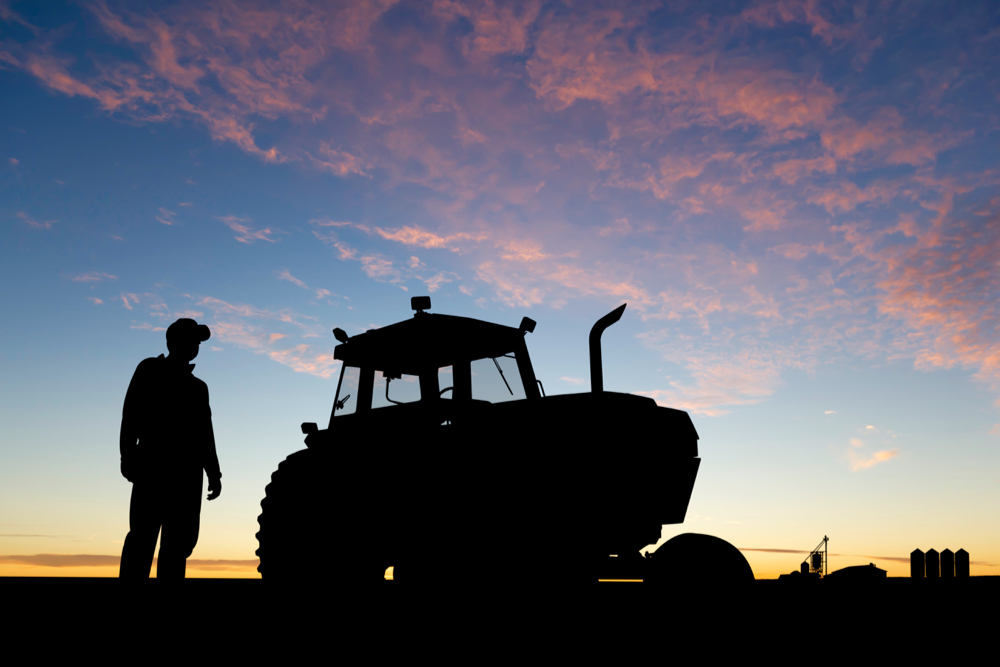Opinion: Extra attention to food doesn’t make it an election issue

As COVID-19 emerged, Canadians paid more attention to where their food was coming from.
For some city dwellers, it was the first time they experienced a grocery store lacking supplies.
But while food security may have received attention during the early days of the pandemic, any momentum to translate those sentiments into wins for agriculture appear to be disappearing.
The heightened attention on the food supply chain prompted some to think Canadians would finally get wise to the importance of agriculture’s role in the country.
As people flocked to bake their own bread, there was belief some would consider where the supplies were coming from. While meat prices shot up, there was a determination to ensure prices would stay manageable in the future.
But grocery store shelves didn’t stay empty for long because the country’s food system proved resilient enough to withstand labour, transportation and other challenges brought on by the pandemic.
It has been said by many before, but it’s true: the system bent, but did not break.
So while within the industry there was optimism this new, lived experience for Canadians would translate into a better desire to understand how agriculture works across the country, that has hardly been the case.
Weeks into a federal election, agriculture has received hardly any attention from any of the major parties.
Stakeholders should remember this, because inevitably whoever gets elected will name a Minister of Agriculture who claims the industry is a “priority” for the government. I doubt that will actually be the case.
Not a single party has made agriculture a priority as they seek out votes.
Running for office and keeping it are separate challenges, but the lack of attention paid to the industry demonstrates the level of interest politicians and parties have in agriculture.
That isn’t agriculture’s fault. It isn’t the fault of politicians, either.
The reality is most Canadian voters – particularly the ones living in Quebec and Ontario who will likely determine the outcome of the election – don’t see agriculture as a priority.
Most people living in downtown Toronto who, last March, rushed to a corner store to buy bread-making supplies for the first time, predictably stopped doing that as soon as they could go back to buying bread made by someone else.
There wasn’t enough staying power behind the issue of food for it to continue to be a priority for voters.
But then again, we all eat.
If a pandemic causing temporary food shortages didn’t make food production a major election issue, is there anything that can?
If there is, I don’t know what it is.
Attaching agriculture to issues with more fanfare – like climate change – can be helpful, but it doesn’t do much to solve all of the tangible issues facing the industry.
Many of the major challenges facing agriculture today, like access to world markets and better Internet, reforming risk management and reviewing regulations, are too niche to ever register on the average voter’s ballot decision.
So while the pandemic prompted more Canadians to think about where their food comes from, it seems most voters won’t have that in mind when they go to vote.
Source: Farmtario.com

